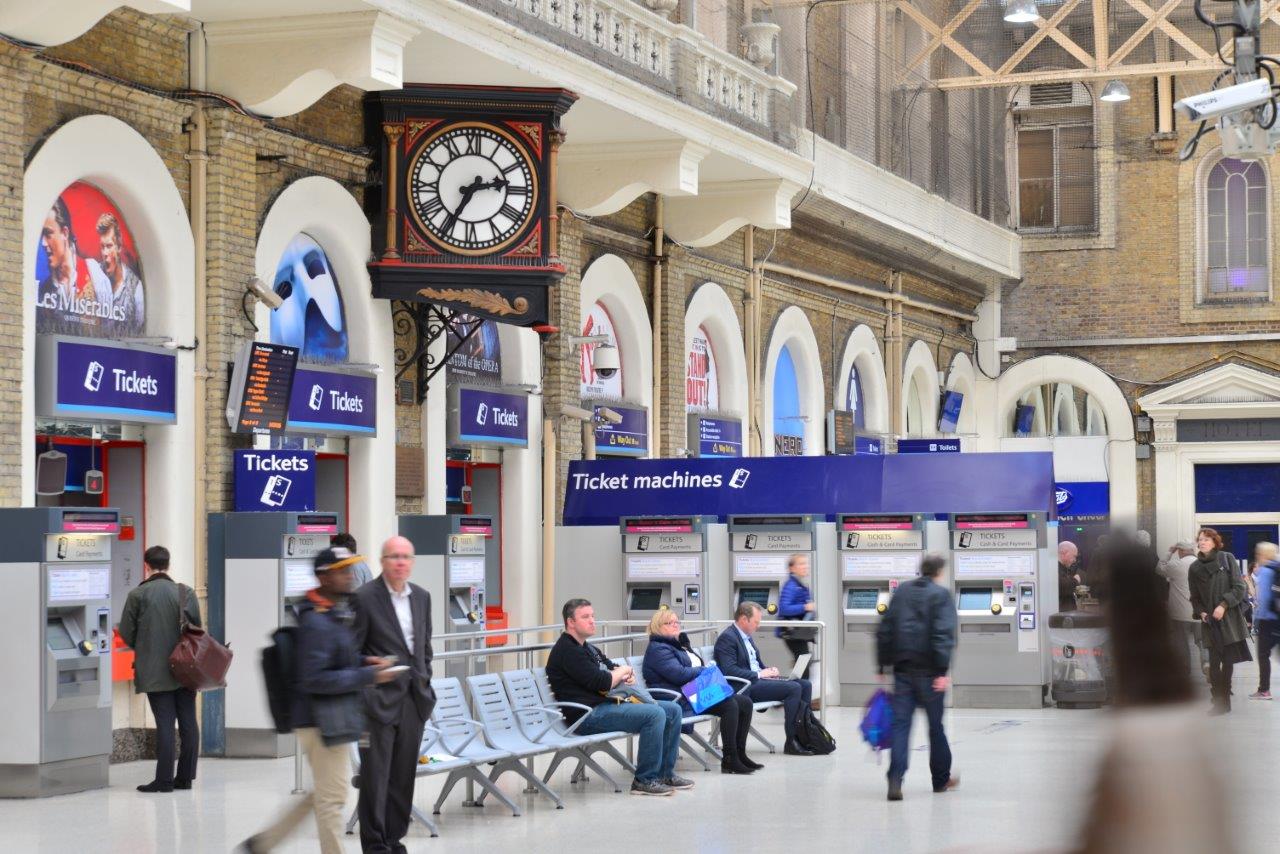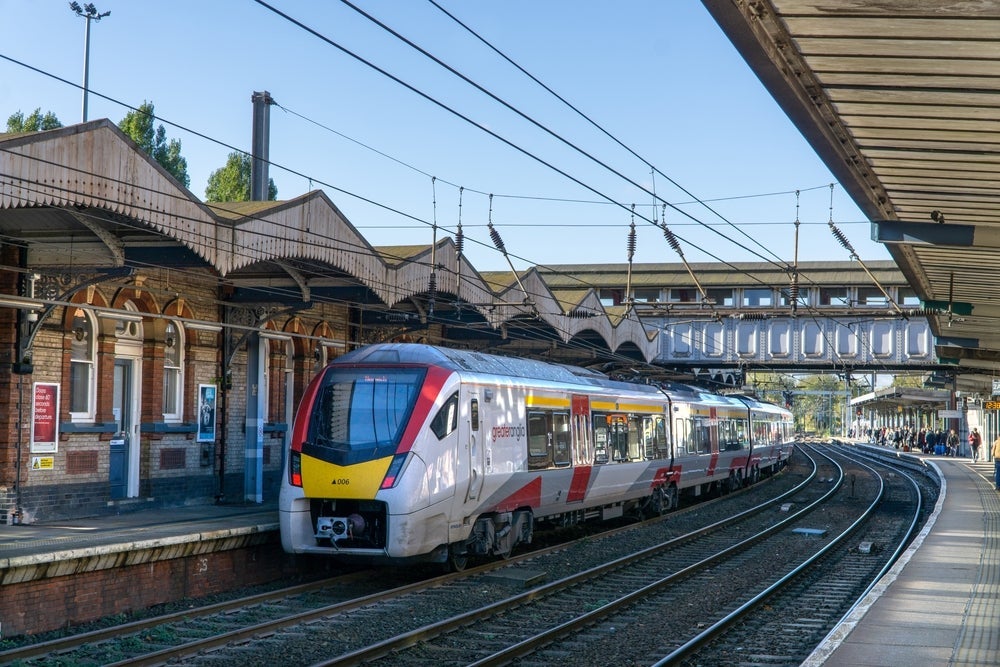
The UK rail industry has committed to making ticket purchases easier for passengers by altering the terminology printed on them starting from 11 August.
Under an initiative launched by the Rail Delivery Group (RDG), the body representing the rail industry, ambiguous jargon will be removed from rail tickets for over 100,000 routes across the country.
As part of the move, terms such as ‘London Terminals’ will be replaced with the specific route a ticket is valid for. While this will not change the validity of the ticket, it will show users the name of the station where they will be able to use their ticket.
The term ‘London Terminals’ will, however, be retained whereby a ticket is valid in multiple stations, which will be listed on individual operators’ websites.
The RDG is also planning to eliminate ambiguous phrasings such as ‘Any Permitted’ and ‘Route Direct’ and replace them with a blank space indicating a direct journey between two stations. Within this framework, the term ‘Via’ will be used to specify whether there is a change on the route or the train will pass through a major station.
While the new tickets will be available from 11 August, the initiative has been ongoing since the launch of the Fares Forum Action plan of February 2017. In September 2018, the industry had already witnessed journey information for 500,000 routes being jargon-free.
How well do you really know your competitors?
Access the most comprehensive Company Profiles on the market, powered by GlobalData. Save hours of research. Gain competitive edge.

Thank you!
Your download email will arrive shortly
Not ready to buy yet? Download a free sample
We are confident about the unique quality of our Company Profiles. However, we want you to make the most beneficial decision for your business, so we offer a free sample that you can download by submitting the below form
By GlobalDataAccording to the RDG, other than making the process of purchasing rail tickets easier for passengers, the move is also meant to help them identify the most convenient fares.
Speaking on behalf of the industry, the RDG explained that regulations must be improved and reforms must be implemented across the sector so that members of the public can get more benefits and better fares when using the railways.
Supporting this claim, in February, the company published its Easier Fares for All report, which outlined how updates to regulation would lead to more transparency and make it simpler for passengers to understand the fare system.
The report also added that a reformed fares system would allow to capitalise on technology through online accounts, smartcards and smartphones to make ticket purchases simpler, help customers find fares that match their needs while removing irrelevant choices that may cause confusion.
Commenting on the significance of making rail travel easier for passengers, chief operating officer of the Rail Delivery Group, Jacqueline Starr, said: “The rail industry’s work to slash jargon is making ticket buying easier, but real simplification requires big regulatory reform of the fares system. Like our passengers, we want fares to be easier-to-use, more flexible and better value.”
Starr added that the issue is being closely looked into as part of the upcoming Williams Rail Review, which is due to be published in autumn this year. Now is the time to bring outdated fares regulation in line with how people work and travel today.
“The industry’s proposals to mix-and-match different types of single tickets based on a single-leg structure would enable customers to choose the most appropriate ticket for each leg of their journey, mixing-and-matching different types of single tickets and making changing travel plans easier,” she concluded.






